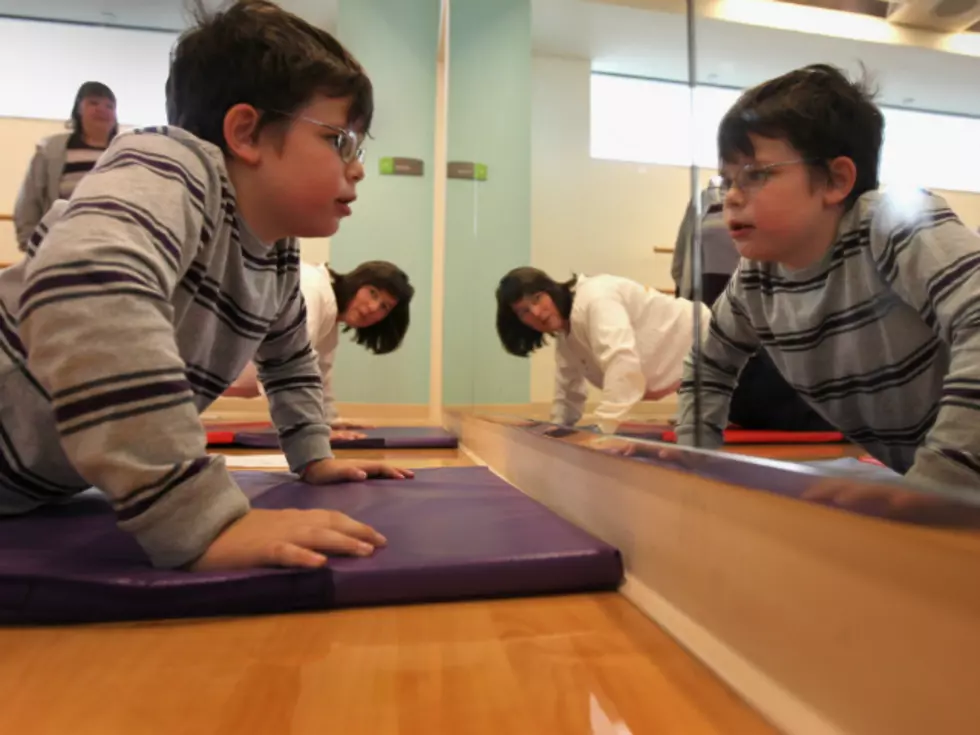
Want Your Kids to Lose Weight? Maybe You Should Drop a Few Pounds, Too
The number of obese children in the US has tripled since 1970. About one out of every three kids in America is severely overweight.
This data means that obesity-related diseases that are usually only found in adults are being diagnosed more frequently in children and that these kids need to lose weight.
A new study shows that no matter what a parent tries to do for their overweight child, if they aren’t also making lifestyle changes and losing weight themselves, the child is unlikely to lose the pounds. The study followed 80 obese children and their parents and found that in households where parents were also losing weight, overweight children lost a quarter of a BMI unit for every one BMI unit a parent lost.
The study was conducted to find out what helps children lose weight and what doesn’t. The factors examined included parents’ weight loss, changes in foods served at home and parenting style, such as setting limits on behavior.
The families participating in the study were divided into two groups. In the first group, a parent and child attended separate sessions in an extensive weight loss program. In the other group, just the parents attended sessions. According to Kerri N. Boutelle, PhD and associate professor of pediatrics and psychiatry at University of California-San Diego and Rady Children’s Hospital, the result was, “The only thing that was associated with weight loss was parental weight loss.” She added, “Children look up to their parents. It’s not fair to tell a child to lose weight if you don’t do it yourself.”
Based on the results of the study, Boutelle’s advice to parents who want their kids to lose weight and not be at risk for obesity-related diseases, is to “walk your own talk.” If the parents lose weight, the kids will too.
[WebMD]
More From Q92









